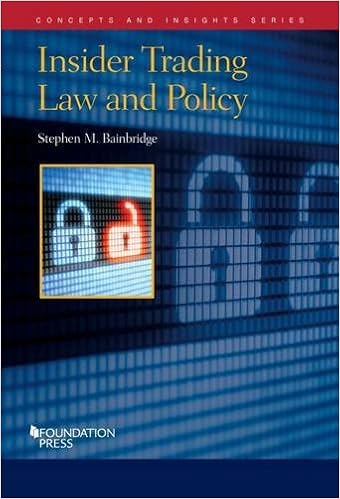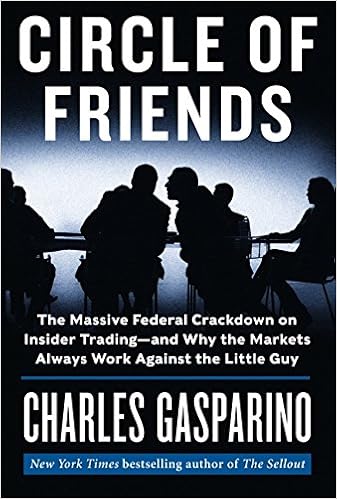A Wall Street Journal article reports that the U.S. Supreme Court has granted a writ of certiorari to review the ruling by Judge Jed Rakoff in the case of Salman v. US, 792 F.3d 1087 (9th Cir. 2015). Judge Rakoff, who usually sits on bench of the Southern District of New York, served as a visiting judge temporarily assigned to the Ninth Circuit and wrote the opinion in Salman, which disagreed with last year’s Second Circuit ruling in US v. Newman, 773 F. 3d 438 (2d Cir. 2014). The Newman decision overturned the insider trading convictions of former hedge-fund traders articulating a narrower definition of the crime. The issue in Salman is what constitutes insider trading in a case involving an Illinois businessman’s appeal of his conviction for making $1.2 million trading on tips about mergers from his brother-in-law, a Citigroup banker. With the grant of certiorari, the Supreme Court may now decide a key question in insider trading cases, namely what benefits corporate insiders need to receive for any information they disclose to traders to be illegal. The Justice Department warned that overturning the convictions in Newman prosecution could hinder the government’s campaign to curb insider trading on Wall Street. The Supreme Court denied certiorari in Newman.
Salman was convicted of 2013 of making investments based on confidential information he received from a family member who worked in the health care investment banking group at Citigroup Global Markets in NY. Co-defendants pleaded guilty in 2011 and were sentenced to probation. Salman was sentenced to 36 months in federal prison and ordered to pay more than $738,000 in restitution. His appeal cites the Second Circuit decision in Newman where the court ruled that prosecutors must prove that a defendant had direct knowledge of the leaker, realize that a breach of fiduciary duty occurred and know that the leaker received a personal benefit in exchange for the information. In Newman, the Second Circuit held that the evidence was insufficient to establish that the tippers received a personal benefit in exchange for the tip. The court also explained that there needed to be “proof of a meaningfully close personal relationship that generates an exchange that is objective, consequential, and represents at least a potential gain of a pecuniary or similarly valuable nature.” In other words, the relationship should suggest a quid pro quo from the recipient.
 Brooklyn Law School Library has an extensive collection of material on insider trading, the latest of which is Insider Trading Law and Policy by Stephen Bainbridge (Call # KF1073.I5 B35 2014). The textbook is for use in law school classes on insider trading, securities regulation, or business associations. It offers a clear and direct exposition of the law and policy concerns raised by this important and h
Brooklyn Law School Library has an extensive collection of material on insider trading, the latest of which is Insider Trading Law and Policy by Stephen Bainbridge (Call # KF1073.I5 B35 2014). The textbook is for use in law school classes on insider trading, securities regulation, or business associations. It offers a clear and direct exposition of the law and policy concerns raised by this important and h igh-profile area of the law. The author provides sufficient detail for a complete understanding of the subject without getting bogged down in minutiae. A second item in the BLS Library collection is worth reading: Circle of Friends: The Massive Federal Crackdown on Insider Trading—and Why the Markets Always Work Against the Little Guy by Charles Gasparino (Call # HG4928.5 .G38 2013). It is a riveting work of narrative nonfiction, as engrossing and explosive as fictional thrillers of the finest magnitude and should serve as a wake-up call to the investing public.
igh-profile area of the law. The author provides sufficient detail for a complete understanding of the subject without getting bogged down in minutiae. A second item in the BLS Library collection is worth reading: Circle of Friends: The Massive Federal Crackdown on Insider Trading—and Why the Markets Always Work Against the Little Guy by Charles Gasparino (Call # HG4928.5 .G38 2013). It is a riveting work of narrative nonfiction, as engrossing and explosive as fictional thrillers of the finest magnitude and should serve as a wake-up call to the investing public.
